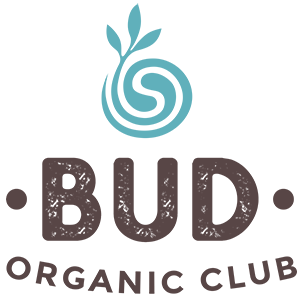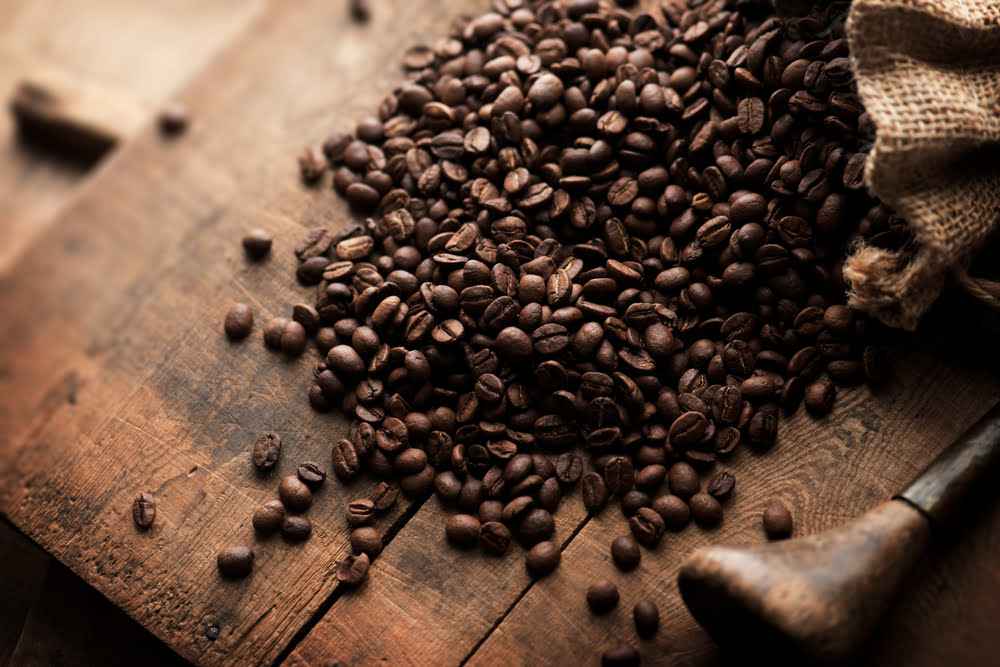Ahhh, coffee—the elixir of life for many. It kickstarts your day, keeps you fueled, and unites aficionados globally. Amidst this journey of aromatic addiction, one term gaining traction is “organic coffee”. But what is it, and why should it be part of your daily coffee ritual? In this article, we explore the essence of organic coffee and why it’s more than just a trend.
The Basics
Coffee boasts a wide array of varieties, but the top two are Arabica, known for its sweet and smooth flavour, and Robusta, bold and strong[1]. The process of turning coffee cherries into your favorite brew is straightforward: cherries are picked, sorted, and then subjected to one of three processing methods—dry, wet, or pulped natural[2]—before roasting and packaging.
Earth-Friendly Coffee
Organic coffee distinguishes itself from conventional coffee primarily by its production method, which avoids synthetic fertilisers and pesticides. Conventional farming practices often lead to higher pesticide concentrations[3], a concern that is intensified in coffee due to the dehydration process that can concentrate chemical residues[4]. Conventional coffee farming often relies on chemical inputs that may harm soil quality, water systems, and wildlife. Meanwhile, organic coffee growers use natural approaches like composting and cover cropping, leading to healthier soil and erosion prevention.
Historically, coffee has been grown in the shade, beneath native forest canopies[5]. Organic coffee farms often integrate this shade-grown approach, reducing pest pressure (and thus the need for pesticides) and also offering sanctuary to wildlife. This differs from full-sun cultivation systems, which typically demand more pesticides.
Healthier Beans, Healthier You
Studies have reported an increasing coffee contamination by pesticide residues like noxious methyl bromide[6]. Organic coffee, due to its strict prohibition of these chemicals, offers beans that are naturally free from such residues. This means you can enjoy your coffee without worrying about unwanted chemical substances finding their way into your cup and, ultimately, your body.
Safer for Coffee Growers, too!
When coffee is cultivated organically, your coffee growers are no longer exposed to harmful chemicals, fostering a healthier work environment. This aligns with the holistic ethos of organic coffee, where sustainability, health, and ethics come together to create a better world, one cup at a time.
Make Every Sip Count
Organic coffee isn’t just a trendy term; it’s a commitment to sustainability and your well-being. It’s not merely a beverage; it’s a conscious choice that combines the pleasure of a great cup with support for sustainable, ethical, and earth-friendly practices. So the next time you reach for your morning pick-me-up, consider choosing organic. Your body, your conscience, and our planet will thank you. Keep an eye out for the ‘Bud’ logo or a certification mark to ensure that your organic coffee has met strict organic standards and is genuinely 100% certified organic.
List of References
[1] https://www.ncbi.nlm.nih.gov/pmc/articles/PMC7309026/
[2] https://www.sciencedirect.com/science/article/abs/pii/S0308814618314663?via%3Dihub
[3] https://pubs.acs.org/doi/10.1021/acs.est.0c06405
[4] https://www.ncbi.nlm.nih.gov/pmc/articles/PMC3907644/
[5] https://www.frontiersin.org/articles/10.3389/fsufs.2022.877476/full
[6] https://www.researchgate.net/publication/322275096_Harmful_compounds_in_coffee
Organic Coffee Glossary
Methyl Bromide: A colourless, odourless, non-flammable gas, mainly used as a fumigant.


